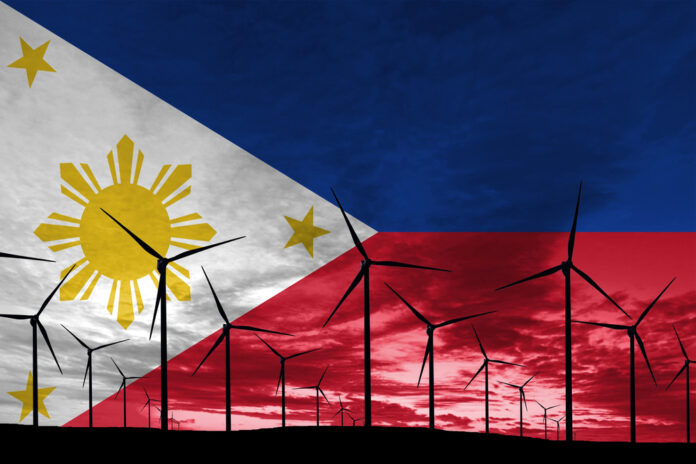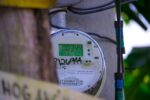The World Wide Fund for Nature (WWF) Philippines on Thursday identified bureaucratic red tape as the single biggest deterrent to growth in the renewable energy space in the country best exemplified by the long process of obtaining permits for such projects.
The conclusion came off two formal roundtable discussions the activist group organized with representatives from government, civil society and private sector organizations identifying the issue as growth deterrent. It was noted the inertia persisted even with the adoption of the Anti-Red Tape Act (ARTA) as a landmark piece of legislative engineering.
Nevertheless, the activist environmentalist group mentioned that the availability of the Energy Virtual One Stop Shop (EVOSS) benefiting proponents of renewable energy projects is also fast becoming a transition enabler for the sector and lauded the government efforts at mitigating bureaucratic inertia.
EVOSS has created a technology and operations management software platform promoting a unified permitting system for energy related projects.
“According to the participants of the discussions, the lengthy permitting process has been identified as one of the biggest obstacles to the deployment of renewable energy. Just at the initial stage, the requirement for renewable energy developers to secure numerous permits and signatures can already lengthen the permitting process, especially in view of the manner by which these documents have to go through different bureaus, divisions and agencies,” WWF Philippines reported.
“This process is further lengthened and complicated when the bureaus, divisions, and agencies seek clarifications regarding the application of the renewable energy developers,” the report added.
WWF Philippines also said the “insufficient promotion” of renewable energy projects in the Philippines by both the private and public sectors result to a lack of familiarity with the various renewable energy policies that ultimately hamper growth.
Participants at the discussions pointed out there are few incentives that encourage investors to transition to renewable energy given that the development of renewable energy facilities is initially not a cost-effective endeavor.
The report also cited the need for “clearer pathway and outlook” in the renewable energy sector to guide prospective investors and study the inclusion of additional incentives for investments on upcoming technologies.
The policy report is part of WWF-Philippines’ Monitoring Renewable Energy (MoRE) project looking to boost the growth of the sector.
“Monitoring renewable energy implementation is necessary for us to know what has been accomplished and to understand what still needs to be done to achieve our goals or even go beyond the target for 2030, which is 35 percent renewable energy share in the generation mix,” said Geraldine Anne Velasco, WWF-Philippines MoRE project manager.
Angela Ibay, WWF-Philippines head of climate and energy program, said having a stable renewable energy sector “will provide cheaper electricity prices as well as provide a buffer against the volatile global oil supply market” in the Philippines.
Data from the Department of Energy (DOE) show installed renewable energy capacity for both on-grid and off-grid areas in the country of only 8,321 megawatts (MW) equivalent to 28.8 percent of the total 28,932 MW installed capacity as at end-2022.
Renewable energy technologies include geothermal, hydro, biomass, solar and wind.
Battery systems were counted differently, showing a total 96 MW from battery energy storage systems and another 49 MW from hybrid diesel-battery systems.







